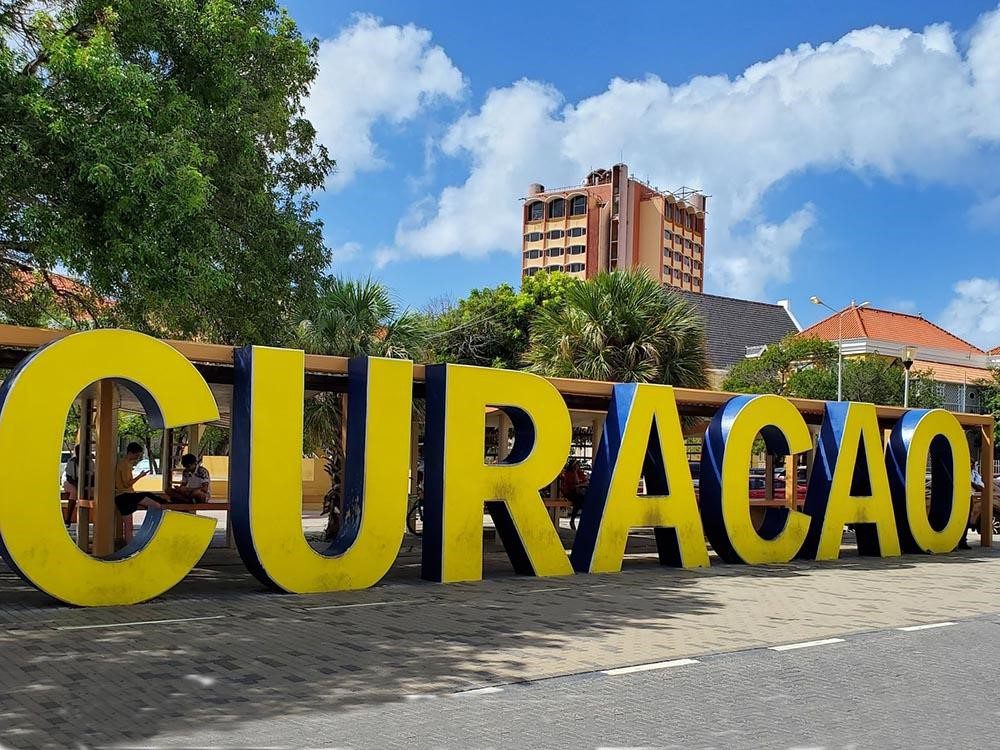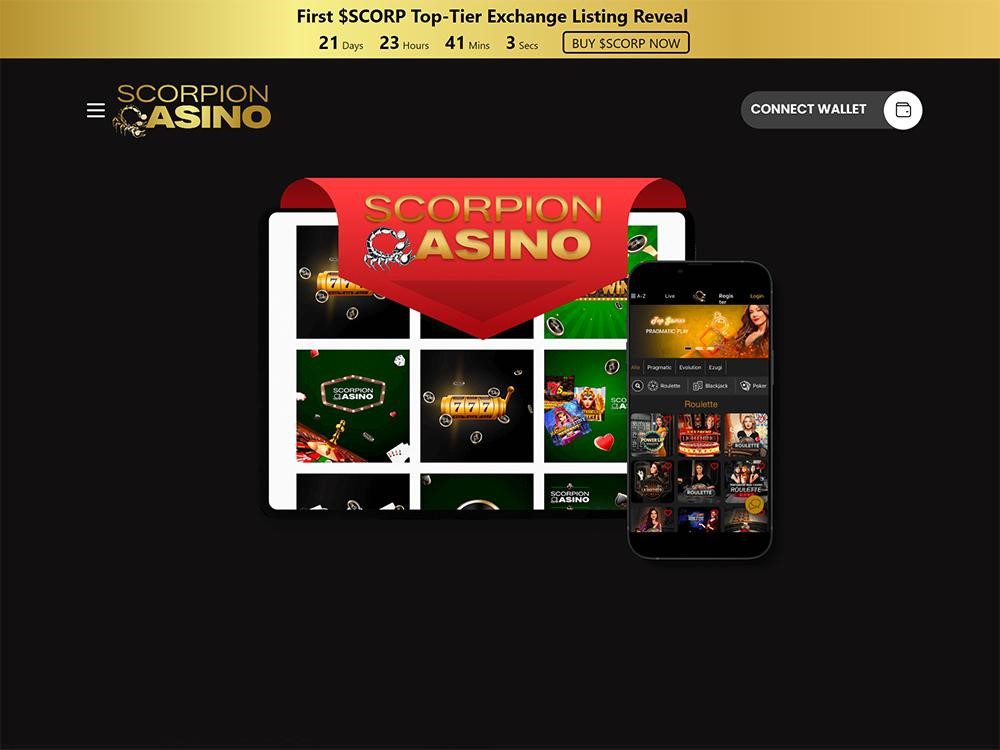Curaçao’s Changing Regulatory Landscape Motivates Crypto Operators to Seek Anjouan Licenses
by Oskar Trotman

Curaçao is modernizing its gambling regulation, with the National Ordinance for Games of Chance (LOK) bill entering parliament for final approval. The new regulatory framework, a hot topic this year, is in the final stage of acceptance and implementation.
The process might conclude before the start of 2024 and will reshape licensing requirements, potentially affecting crypto casinos. This week, the Ministry of Finance notified operators holding licenses under the current NOOGH law to prepare for transitioning to the new legislative framework.
The Caribbean island nation had a reputation for lenient regulatory requirements, especially the willingness to license crypto casinos. The legal status of cryptocurrencies is still a gray zone in many countries, and most gambling regulatory agencies prefer to exclude tokens as an accepted payment method under their licenses.
Curaçao served as a harbor for Bitcoin casinos and other offshore operators. However, the changing climate relating to online gambling motivates platforms to migrate to another island nation, Anjoun, located in East Africa. Anjoun is becoming the fastest-growing licensing authority worldwide.
The Curaçao’s iGaming Reforms Path
The Caribbean nation started to reform its regulatory framework after pressure from the Netherlands. Curaçao is a constituent country of the Kingdom of the Netherlands and receives financial aid from the Netherlands. The desire not to endanger the reliable stream of financial support encouraged the government to overhaul its gambling regulation and implement a stricter approach towards the iGaming industry.
The new law will allow cryptocurrency payments. However, new security measures, such as KYC requirements, will slow down deposit and withdrawal speeds at crypto casinos.
The reforms started in 2022 and picked up steam in 2023. Under the new law, National Ordinance for Games of Chance, the previous master license will be replaced by separate B2C and B2B licenses. The will be available through a new regulatory agency, Curaçao Gaming Control Board (GCB), established to issue and revoke licenses. Starting on January 1, 2024, licensed operators can display a Digital Seal issued by the GCB on their platforms.
Online casinos planning to continue operating in Curaçao but that have not applied for a direct license from the GCB before March 31, 2024, can continue operating under their sub-license, but when it expires, they will have to apply for a new license.
The New Go-To Licensing Destination
Anjoun is rapidly assuming the position in the industry as a go-to licensing option, once held by Curaçao. The country is located in the Indian Ocean. It’s part of the World Trade Organization and abides by international law.
Anjoun’s gambling regulations are more flexible and affordable, making it a great option for startup crypto casinos. New crypto platforms such as CryptoWins, which launched in December, operate under an Anjouan license. Industry experts expect upcoming operators to register in Anjouan.
The Anjouan Betting and Gaming Board (ABGB) was established in 2005 and is empowered to license operators from across the globe. The potential of this jurisdiction has been ignored in the past, but now many brands are flocking to secure an Anjouan license for a relatively low annual fee of approximately $25,000 and short processing times of up to 3-4 weeks on average.
Related News

Scorpion Casino Announces CEX Listing for 2024
by Oskar Trotman

Survey Qualifies Crypto Investigations as Complex
by Oskar Trotman
Related News

Scorpion Casino Announces CEX Listing for 2024
by Oskar Trotman

Survey Qualifies Crypto Investigations as Complex
by Oskar Trotman
